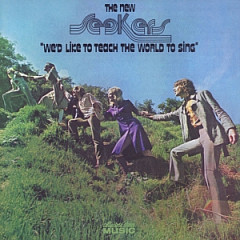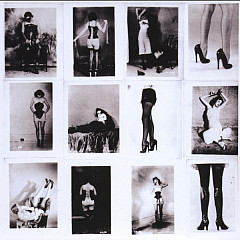

"On The Floor" by Jennifer Lopez samples the 1989 song "Lambada," which you might remember is about "The Forbidden Dance."

The first hit song that was used in a commercial before it was released as a single was "I'd Like To Teach The World To Sing," which was written for a Coke ad.

John Lennon's lead guitar work on Yoko Ono's "Walking On Thin Ice" proved to be his final creative act. It was upon their return home after completing laying down the track that Lennon was murdered by Mark David Chapman.

Sarah McLachlan's "Possession" contains passages from letters a stalker sent her. He sued her for $250,000 and committed suicide before the trial.

"I Just Called To Say I Love You" is Stevie Wonder's best-selling single worldwide. It topped the Hot 100, AC, R&B and UK charts all in the same week.

Jay-Z's "Hard Knock Life (Ghetto Anthem)" is based on the song "It's A Hard Knock Life" from the Broadway play Annie.

An interview with Dr. John Covach, music professor at the University of Rochester whose free online courses have become wildly popular.

The Nails lead singer Marc Campbell talks about those 44 women he sings about over a stock Casio keyboard track. He's married to one of them now - you might be surprised which.

The revered singer-songwriter talks inspiration and explains why she put a mahout in "Drop the Pilot."

The renown rock singer talks about "The House of the Rising Sun" and "Don't Let Me Be Misunderstood."

Webb talks about his classic songs "By the Time I Get to Phoenix," "Wichita Lineman" and "MacArthur Park."

The co-writer/guitarist on many Alice Cooper hits, Dick was also Lou Reed's axeman on the Rock n' Roll Animal album.